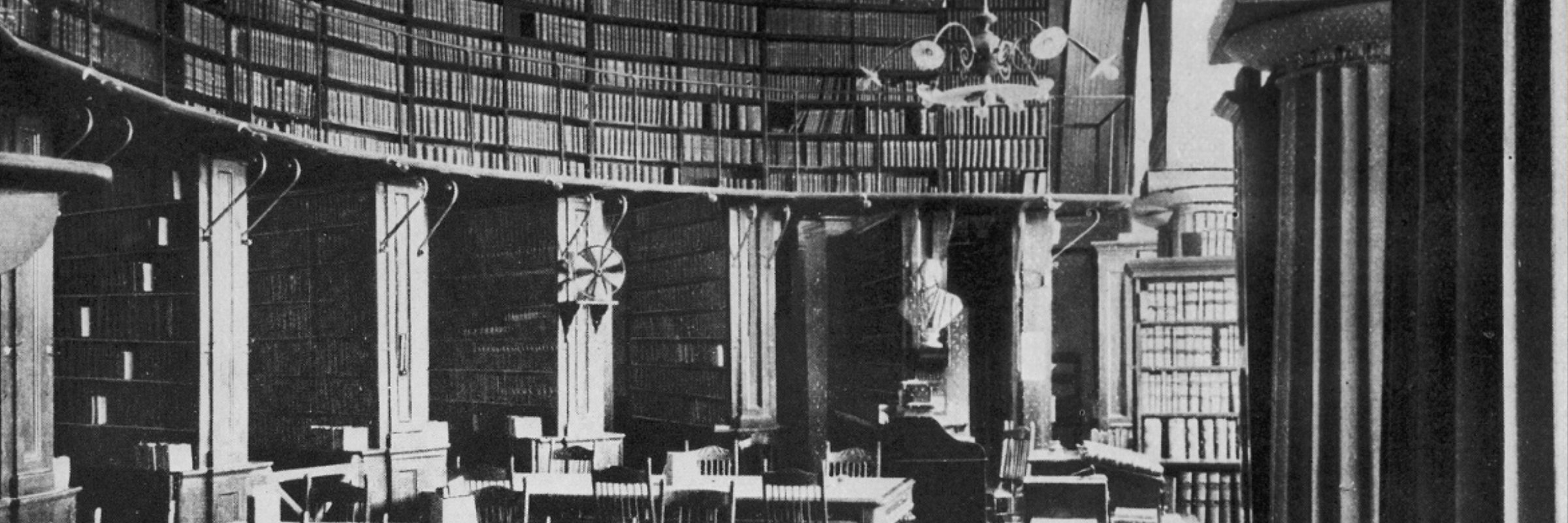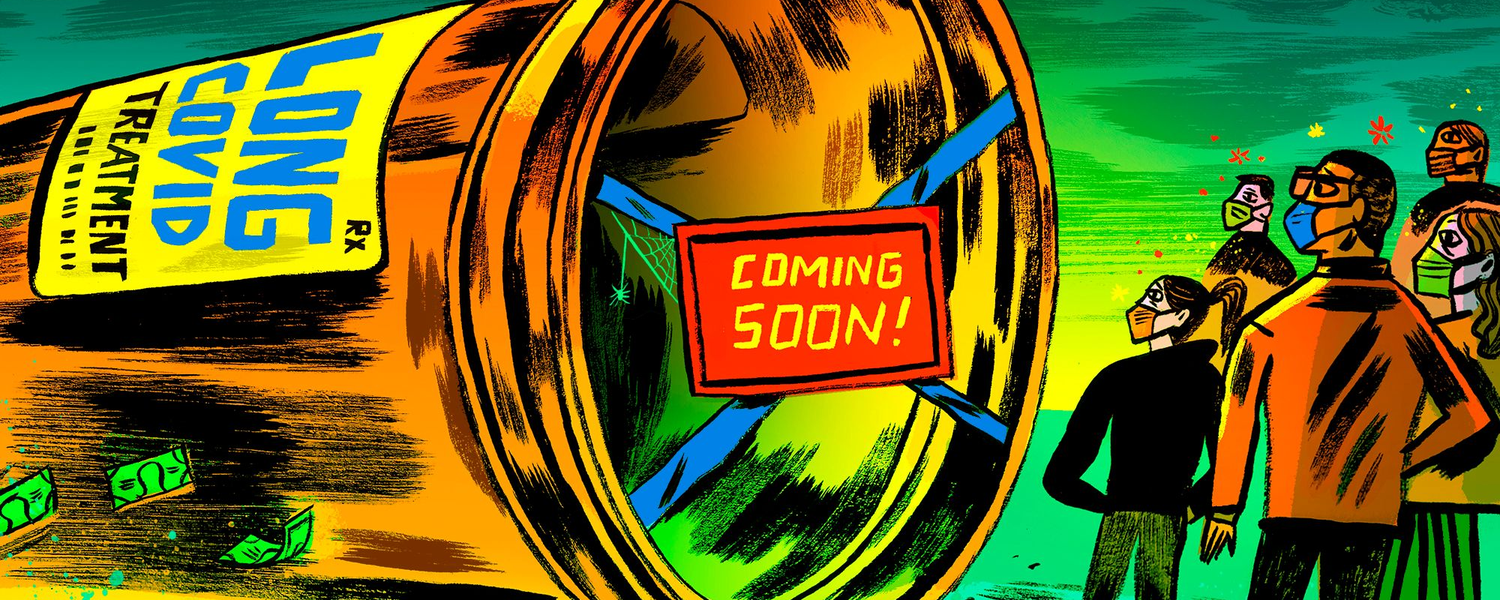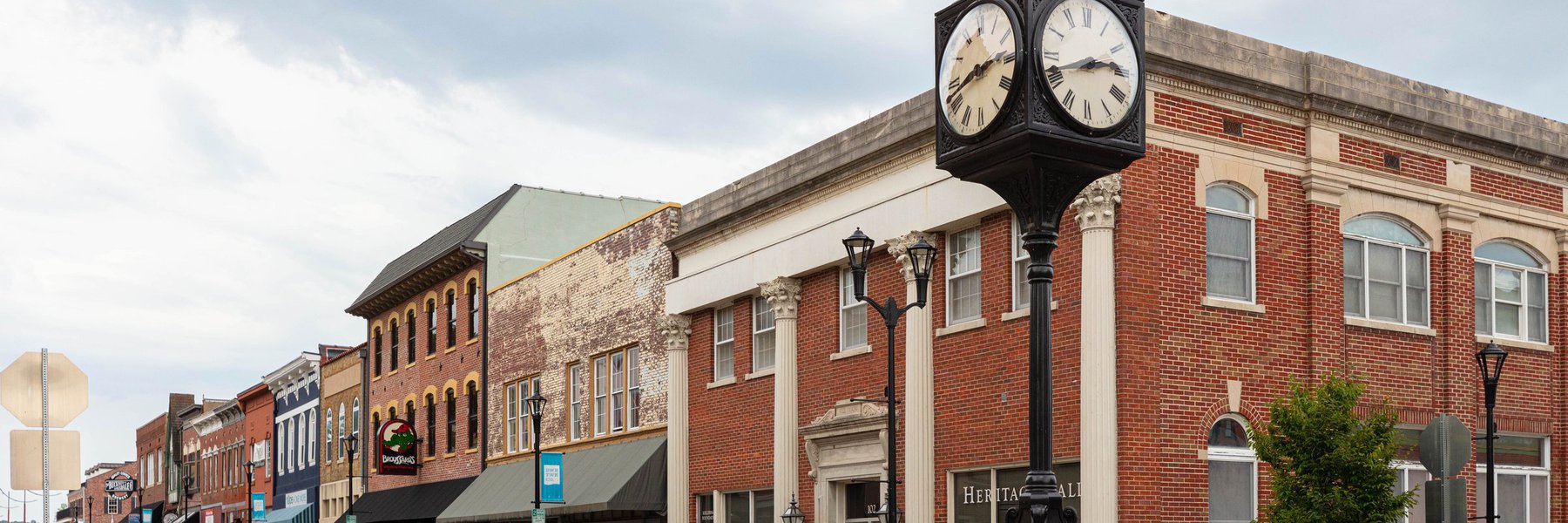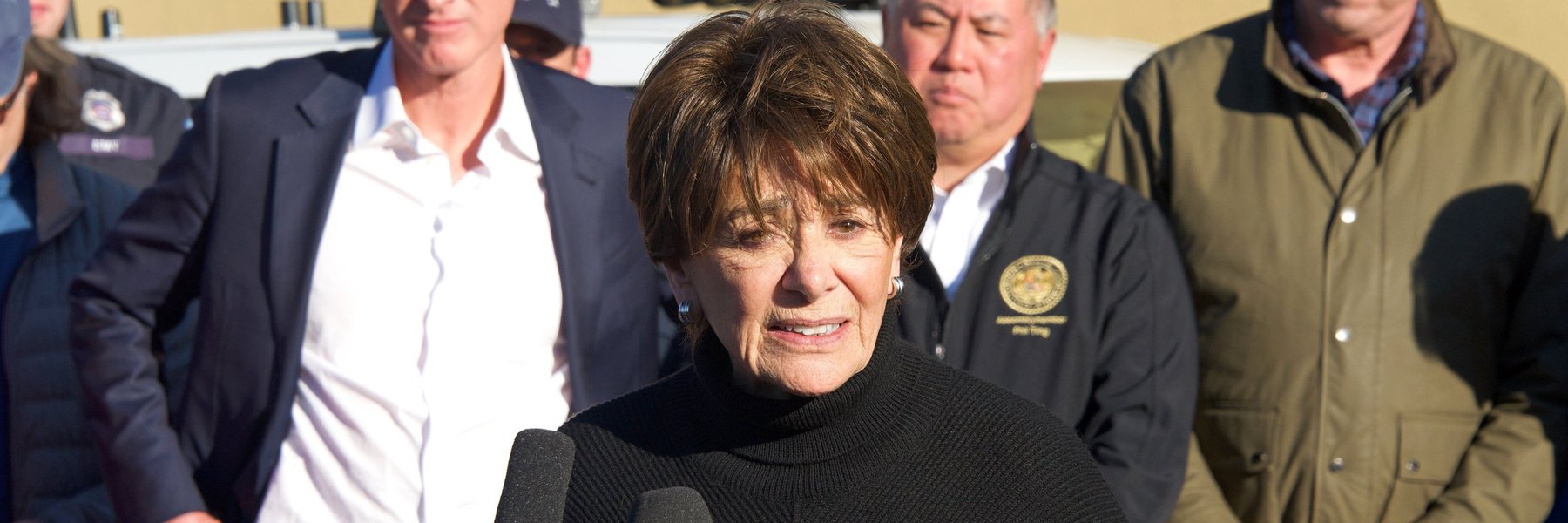Have you been reporting on COVID, or do you have COVID-related documents on DocumentCloud? MuckRock invites you to contribute your documents to a public digital archive to help journalists, researchers and historians tell the stories of the pandemic.
We’re working with Columbia University’s History Lab to create an interactive repository of public documents relating to COVID-19. This work aims to shine a light on the pandemic’s unknowns by making the records more accessible, searchable and functional to researchers and journalists. The archive will also connect journalists and researchers across organizations to compare notes and exchange ideas.
This new effort relies on and builds off of the Documenting COVID-19 project, a pandemic-era initiative funded by Columbia University’s Brown Institute for Media Innovation to request, obtain and store records from government agencies about the official response to the virus.
Mara Hvistendahl wrote about this partnership for The Intercept last August, and now we’re broadening our call for contributions.
Have documents to share? Here’s how to do it!
Documents must be hosted on DocumentCloud and public before we can include them in the repository. If you have a verified account, you’ll just need the link to the document or project. If you’re not on DocumentCloud yet, sign up and get verified.
If you have multiple related documents you might find it more manageable to create a project for them. Take a look at our documentation if you haven’t worked with DocumentCloud projects before.
Once your documents are on DocumentCloud, share them through our submission form, where we’ll ask you a few questions about your documents’ contents and sources.
You’ll be credited for submitting documents
All documents in the History Lab repository will be attributed to the original document owner and their associated organization as it appears on DocumentCloud. This will help raise the visibility of your work and reporting to other reporters, the public and future historians and researchers that make use of the archive.
Get early access to new analysis tools
By contributing your collection to the project, you will get early access to new tools that we’re developing in cooperation with History Lab, including timeline views of emails, entity extraction and even tools to help scan your documents for sensitive information, such as home addresses and social security numbers, that you might want to redact before full publication.
After you submit documents
Once you have submitted documents, we’ll keep you updated on the progress of the archive and share interesting records along the way.
Want to see an example?
The team at History Lab has developed a prototype of the archive, where you can see what a collection might look like. The archive prototype includes a 3,000 page collection of emails sent to and from Dr. Anthony Fauci in the early months of the pandemic. The emails, which were obtained by Jason Leopold, then at BuzzFeed News, have been processed into a searchable database which will allow researchers to sort and identify their contents.
Have questions?
Email project coordinator Kiera Murray at kiera@muckrock.com with any questions.
Header image of the Law Library in Old Supreme Court in Capitol, courtesy of the Architect of the Capitol and in the public domain.




